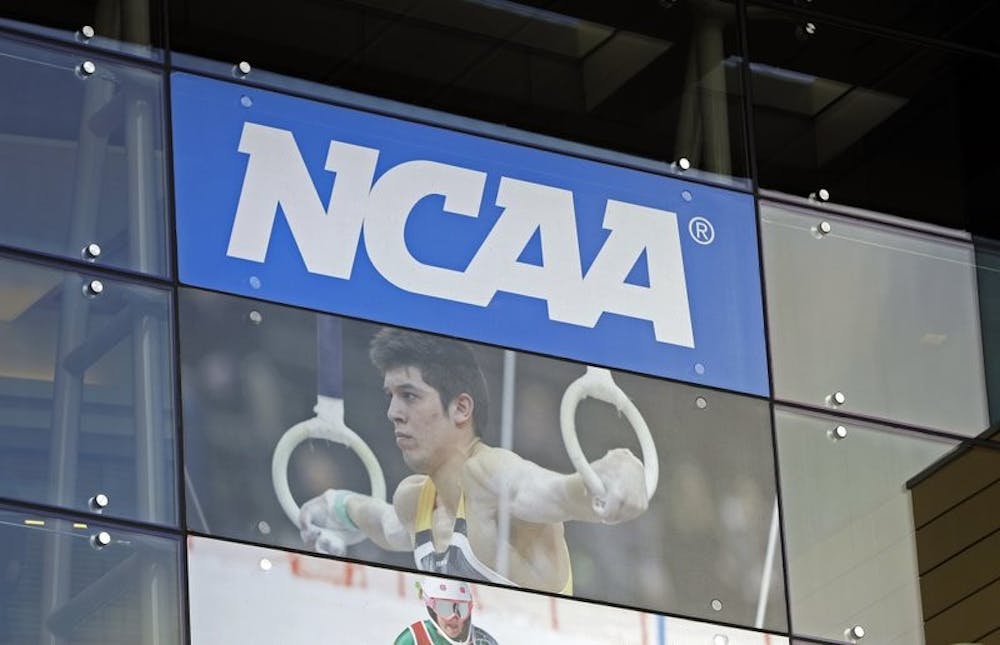MUNCIE, Ind. (NewsLink) -- College athletes are now able to profit off their name, image, and likeness (NIL) thanks to the new policy that went into effect on July 1. From simple deals, such as becoming a brand ambassador, to major deals, like having their face on a billboard, the possibilities are endless with the new rule in place.
Ball State’s Athletic Director, Beth Goetz said “It’s about time for this change.”
She continued to explain that for a long time, NCAA rules prohibited the use of NIL to generate revenue and that this new rule allows student-athletes to have the same opportunities that general students do. Goetz also said that this change has been delayed for some time but is excited and supportive of this new opportunity for NCAA athletes.
Ball State’s quarterback, Drew Plitt, also gave his insight on the new policy change and how he thinks this could have a huge influence on some student-athletes.
“I think this is a great opportunity for athletes to one: build their brand, and two: make a lot of money... especially with tik tok being a huge thing now.”
Both Goetz and Plitt talked about the impacts that the new rule could have on student-athletes. Plitt mentioned that the NCAA has kept this opportunity from players in the past and that he thinks it’s a great chance for athletes to make some money especially since not all athletes are on scholarship.
Goetz added that “It's a great chance for them to take a real-life experience and see how they may use it in the professional world…that means being really thorough and understanding what you might be endorsing, making sure it aligns with who you are and what you want to represent.”
Unfortunately, this rule change could have some negative effects if not done properly, such as loss of eligibility.
Plitt offered some advice moving forward with NIL saying “Be smart… don't just do any deal because not every deal is going to be good…just make sure you have somebody to overlook the rules and regulations that are in place to make sure you're not affecting your eligibility.”












